Hey Fam,
Welcome to Field Research, a twice monthly newsletter featuring informative and entertaining takes at the intersection of art, business, and culture.
I’m your host, Amran Gowani, a mad scientist turned corporate mercenary turned totally well-adjusted author. My debut novel Leverage — a propulsive, darkly hilarious Wall Street thriller — will be published by Atria Books, an imprint of Simon & Schuster, in Summer 2025.
In today’s issue I recommend Sheelah Kolhatkar’s Black Edge, review season three of Max’s Industry, and analyze Amazon’s absurd accounting.
Enjoy the show.
I. TRACK OF THE DAY
II. GET SMARTER
I peruse The Economist, The Financial Times, and other online rags for my amusement and your benefit. Here are five things worth knowing.
Housing price apocalypse: Declining interest rates, dismal infrastructure, aging populations, increasing immigration, strong wage growth, urban appeal, and NIMBYism are all conspiring to ensure you’ll never be able to afford a house.
AI apocalypse: Engulfed in an “AI” arms race, tech behemoths such as Alphabet, Amazon, Meta, and Microsoft are turning to nuclear power to slake their insatiable thirst for energy. It seems none of these geniuses are familiar with the Terminator franchise.
Incel apocalypse: The copulation crisis has reached such catastrophic levels an enterprising sexologist and sex coach named Michaela d’Artois founded an intimacy consulting firm called Inner Eros to rekindle the lust. Because traditional media is deader than your sex life, she also has an email newsletter.
Podcast apocalypse: Google unveiled Deep Dive, an AI-generated podcast built upon the company’s NotebookLM software. Basically, you upload a source document and the tool produces an engaging “conversation” between two charming, aggressively midwestern “co-hosts.” This thing really works. I uploaded the “History” section of Substack and the bots enthusiastically explained why Germany, Italy, and Japan were actually the good guys during World War II.
Gladwellian apocalypse: Ever since The Tipping Point came out on February 29, 2000, Malcolm Gladwell has been generalizing, extrapolating, cherry-picking, bullshitting, and flat-out fabricating his way to mainstream consciousness and millions in speaking fees. While his books might be short on facts, and light on substance, The Economist argues his penchant for storytelling and infectious curiosity have changed the way people think about the world. Need proof? Consider this: Gladwell’s rise coincided with the September 11 terrorist attacks, the war on terror, Hurricane Katrina, the 2007-09 financial crisis, the hijacking of the U.S. Supreme Court, the reemergence of the far right, POTUS 45, the Covid-19 pandemic, the ongoing Russia-Ukraine war, and the disastrous conflagration consuming the Middle East. Our intuition tells us there’s no way Gladwell caused these disasters, but the data might surprise you…
III. READ: BLACK EDGE
Sheelah Kolhatkar’s Black Edge is the definitive account of the U.S. government’s seven-year — and largely fruitless — quest to take down hedge fund titan Steven A. Cohen. The book covers Cohen’s early rise through the investment banking ranks, documents the founding of his modestly named hedge fund, S.A.C. Capital, and details how S.A.C. used “black edge” (e.g., inside information) to generate industry-leading investment returns year after year after year. The core of the narrative examines how this culture of impunity eventually landed S.A.C. in the government’s crosshairs and led to a $1.8 billion fine for the firm, the largest in Wall Street history.
What I loved: Kolhatkar’s superb reporting and no nonsense prose make this deep dive into our rotten financial system read like a fast-paced thriller. She doesn’t condemn, glorify, or sensationalize, but rather lays out the facts and lets them speak for themselves. Among the more compelling elements of this saga is the depiction of the tenuous relationship between the SEC and the FBI, including how competing interests and institutional bureaucracy hindered the investigation. On a more personal front, a gullible neurology professor at the University of Michigan — my beloved alma mater — played a key role in the insider trading scandal which nearly felled Cohen’s firm. Leaders and best, indeed.
What I didn’t: The book itself is a masterpiece, but the coda to this tale is a catastrophe. Cohen escaped criminal charges and in 2016 was barred from managing investor money for just two years. He promptly got back in the game and has since become wealthier and more influential. Cohen’s one of the world’s preeminent art collectors, bought the New York Mets for $2.4 billion in 2020, and Forbes estimates his net worth to be more than $20 billion.
Final verdict: I listened to the Audible version of Black Edge a few years ago and absolutely loved it. When I re-read a paperback copy last year — while finalizing Leverage — it was even better. Highest possible recommendation.
Related media: The first half of season one of Billions more or less recreates Black Edge’s narrative arc and makes for compelling viewing. After this initial storyline, however, the show quickly devolves into camp. I abandoned ship midway through the second season.
IV. A POEM ABOUT: GERRYMANDERING
Title: Size matters not
Voting districts come
in all shapes
and
sizes.
Thick, thin,
long, short,
pencil-like,
girthy,
stubby,
extra-wide.
When the will
of the people
is
subverted,
dimensions don't
matter.
Democracy
goes
limp.
V. JARGON JUNCTION: INCOME vs. CASH
I decipher the doublespeak endemic throughout Corporate America and Wall Street to help you spot bullshit in the real world — and better prepare you to read my kickass novel Leverage.
Two weeks ago, in the first ever iteration of Jargon Junction, I defined the term balance sheet and provided a simple example of how this key financial statement can mislead accountants, analysts, and investors.
Applied mathematics: In season three of Industry (see below) a central plot element revolves around “the market” failing to decipher an investment bank’s opaque and unruly balance sheet. As you might imagine, financial shenanigans ensue.
In today’s edition I discuss the relationship between an income statement and a cash flow statement.
In the most literal sense, an income statement reflects a company’s net income, or net profit, or net earnings — these terms are used interchangeably. A streamlined version would look like this:
Net Revenue - Costs - Expenses - Taxes = Net Income
This isn’t exactly rocket science, but costs and expenses are subject to #AccountingBullshit and thus rarely reflect the performance of a company’s core business operations.
To be clear, financial reporting is deceptively complex and sometimes #AccountingBullshit serves a legitimate purpose. But, real talk, it’s mostly done to reduce a company’s tax liability.
As armchair financial analysts, the metric we should care about is called operating cash flow and is determined using Field Research’s proprietary formula:
Net Income + Adjustment for Accounting Bullshit = Operating Cash Flow
Operating cash flow correlates strongly with “shareholder value” because it reveals how much actual money a company makes from running its core business.
To highlight just how widely these figures can vary, let’s compare net revenue, net income, and operating cash flow for a plucky little online bookstore called Amazon.com.
According to Amazon’s latest 10-K filing, the fledgling startup reported combined net revenues of $1.56 trillion during fiscal years 2021-23. And people say publishing is dead.
Over the same period, Amazon generated total net income of $61.1 billion, but booked total operating cash flow of $178.0 billion.
#AccountingBullshit created a relatively minor $117.0 billion discrepancy during the three-year window, which allowed the middling streaming service to pay a piddly $8.7 billion in corporate taxes while racing to a market capitalization of nearly $2.0 trillion.
From the vault: I did a deep dive explaining “How to value an asset” in July 2023, which is both educational and fun.
VI. SUPPORT THE SHOW
I analyze the disparate worlds of economics, film, finance, literature, politics, sports, and television to write hella fun novels, then I share the most interesting findings with you to inform and entertain.
That’s a win-win.
If Field Research is valuable to you, click the handsome box below and select a paid subscription.
Cash makes the world, this newsletter, and my writing career go round. Thanks for your support, Fam.
VII. WATCH: INDUSTRY, SEASON THREE
Industry, which just wrapped its third season and was renewed for a fourth, follows an ensemble cast of characters in and around the London offices of high-powered investment bank Pierpoint & Co. Think: J. P. — as in Pierpont — Morgan.
Disclosure: I didn’t watch the first two seasons because my wife assured me I would loathe Industry’s soapy storylines. I skipped directly to season three, which is apparently a little more serious, and had no trouble following along.
What I liked: The large, diverse collection of misfits allows the show to depict a wide swath of the financial services industry — investment banking, sales and trading, equity research, corporate finance, asset management, private equity, and venture capital — and creates a rich, immersive world for the viewer. I also appreciate how, unlike Billions, Industry’s writers don’t dumb down the action with overtly expository dialogue or clearly hackneyed situations.
What I wanted: A character to root for. Humans are messy, and I don’t need a protagonist who virtue signals their righteousness at every turn. That said, all the major players on this show are trash. There’s an emotionally stunted, insecure sociopath, an emotionally stunted, insecure idiot, a goofy fuckboy, an aging blowhard, and a duplicitous nepo-dipshit with a piss fetish. My favorite character — by far — is an English gentleman named Otto Mostyn. He’s the only scumbag with enough guts to embrace his villainy.
What I found ridiculous: The interpersonal dialogue on this show is…not good. In real life, when someone’s frenemy is behaving like a selfish asshole, the aggrieved party might be expected to say something like: “You’re being a selfish asshole, Bro!” On Industry, however, the victim delivers a long, winding soliloquy and diagnoses the aggressor with a litany of psychological maladies lifted straight from the DSM-5.
Final verdict: I liked but didn’t love season three of Industry. The tone and pacing vary wildly across episodes, and the season’s only worth binging if you’ve exhausted Max’s far superior alternatives (e.g., The Wire, Deadwood). I would, regardless of interest level, check out the fourth episode of season three, titled “White Mischief.” It functions as a standalone and follows a senior trader careening between excessive risk-taking at work and compulsive gambling at home. The character’s arc is gripping yet tragic, and the writing delivers a clear — if unsubtle — point of view.
Where to watch: Max.
VIII. SOMETHING: PROBLEMATIC
I descend from the final generation of humans reared without the internet. This means there are countless songs I listened to when I was young — on the radio! — which have remained title-less and artist-less in my diseased mind for decades.
Enter Shazam.
Whenever I’m in Home Depot or Target, and a track which has been gnawing away at my limited brain tissue starts playing, I whip out my overpriced iPhone and resolve this long-standing childhood trauma.
Recently, I stumbled across “Everything She Wants” by Wham! and I’ve been rocking the 1984 synth-pop banger non-stop.
Unfortunately, being a writer-type, I zeroed in on the lyrics and was like:
Behold the stripped down verses (emphasis mine):
Somebody told me
Boy, everything she wants, is everything she sees
I guess I must have loved you
Because I said you were the perfect girl for me, baby
And now we're six months older
And everything you want, and everything you see
Is out of reach, not good enough
I don't know what the hell you want from me
Some people work for a living
Some people work for fun
Girl, I just work for you
They told me marriage was a give and take
Well, you've shown me you can take, you've got some giving to do
And now you tell me that you're having my baby
I'll tell you that I'm happy if you want me to
But one step further, and my back will break
If my best isn't good enough
Then how can it be good enough for two?
Oh, why do, I do the things I do?
I'd tell you if I knew
My God, I don't even think that I love you
Yeah.
The good news is, over the ensuing forty years, Western society has become progressive enough for my wife to sing this song about me.
IX. UP NEXT
The Leverage production schedule is picking up steam and I’ll soon share some important details about the publication date, cover design, and more. Keep an eye out for a special edition of Field Research 2.0 in the not-too-distant future. Our next regularly scheduled issue will be published on Friday, October 25 at 9:30 a.m. Chicago time.
In the meantime, if there’s a news story, novel, or movie I should check out, leave a comment or reply to this email.
Finally, in the #attentioneconomy, word-of-mouth marketing from trusted sources makes a huge difference. If you dig this newsletter, and would be so kind, please:
Forward this email to friends and family and encourage them to sign up
Share this post on your favorite social media platform
Thanks always for your support and engagement.
Stay frosty out there.
Amran



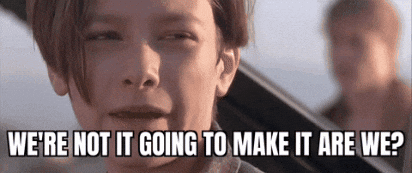
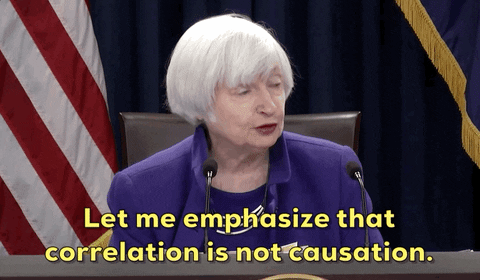
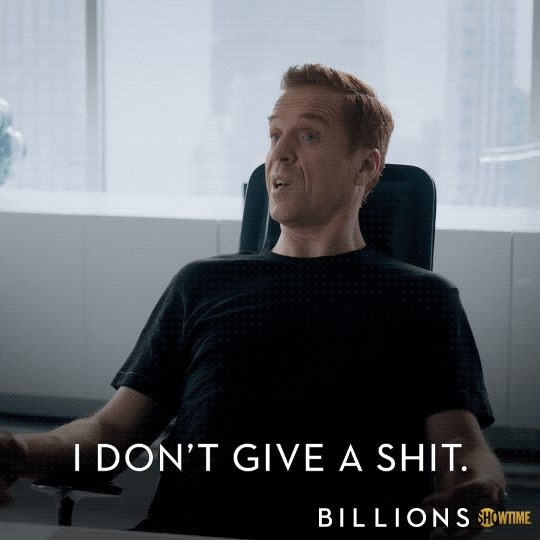

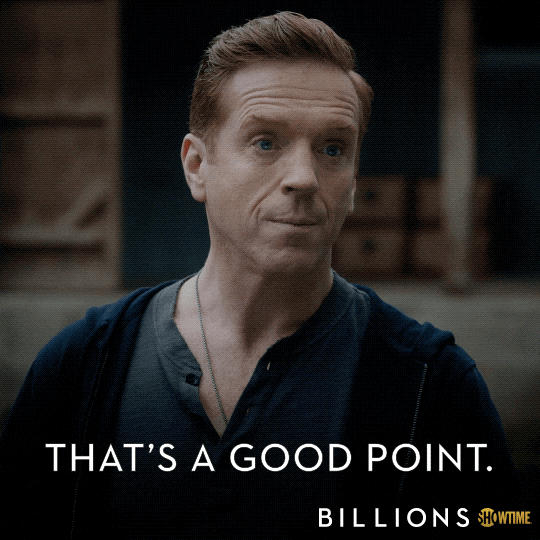
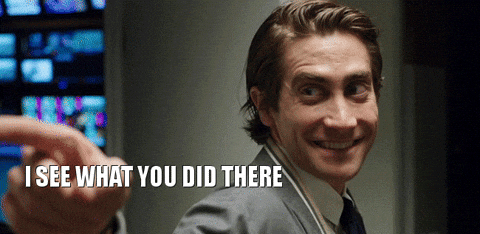

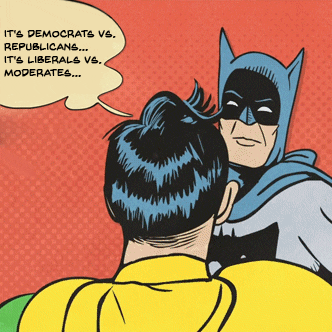

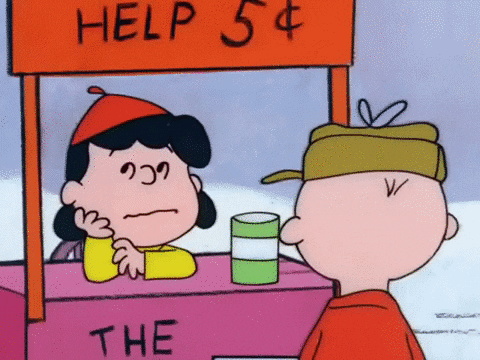

That podcast apocalypse item: Oy....
"Gladwell’s rise coincided with the September 11 terrorist attacks, the war on terror, Hurricane Katrina, the 2007-09 financial crisis, the hijacking of the U.S. Supreme Court, the reemergence of the far right, POTUS 45, the Covid-19 pandemic, the ongoing Russia-Ukraine war, and the disastrous conflagration consuming the Middle East. Our intuition tells us there’s no way Gladwell caused these disasters, but the data might surprise you…"
Counterpoint: Gladwell's rise definitely caused all of these disasters. 10,000 hours tore through the space-time continuum and unleashed a wrath of hell upon all of us, culminating in Hawk Tuah and chopped sandwiches. I will never forgive him for what he has brought onto this world.